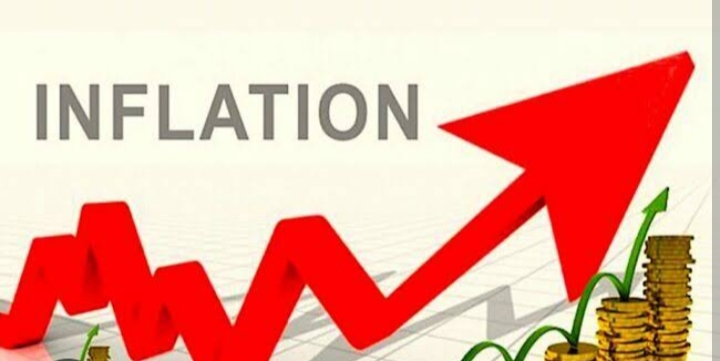
Inflation is a term we hear often, especially during economic changes. But what does it really mean for you and your wallet?
Understanding inflation is key to making smart financial decisions, protecting your income, and planning for the future.
In this post, we will break down what inflation is, how it affects everyday life, and practical steps you can take to stay ahead.
What is Inflation?
Inflation happens when the prices of goods and services increase over time. This means the money you have today buys fewer things tomorrow. For example, if a loaf of bread costs $1 this year and $1.20 next year, inflation has reduced the purchasing power of your money.
How Inflation Impacts Your Wallet
Inflation affects more than just prices. It influences your entire financial life:
1. Reduced Purchasing Power: Your money buys less over time. Everyday items like food, fuel, and clothing become more expensive.
2. Savings Lose Value: If your savings do not earn enough interest to match inflation, the real value of your money decreases.
3. Higher Cost of Living: Rent, utilities, and transportation costs often rise with inflation, impacting your monthly budget.
4. Impact on Wages: Salaries may not increase at the same pace as inflation, making it harder to maintain your standard of living.
5. Investment Returns: Inflation can erode the returns on low-interest investments like savings accounts or fixed deposits.
6. Debt Repayment: If you have fixed-rate loans, inflation can make it easier to repay because the value of money decreases over time.
7. Retirement Planning: Inflation affects long-term goals. Without adjustments, retirement savings may not cover future expenses.
8. Business Costs: If you run a business, higher prices for raw materials and labor can impact profits and pricing strategies.
What You Can Do to Protect Your Money from Inflation
While you cannot stop inflation, you can take steps to protect your finances:
i. Invest in Assets that Beat Inflation: Consider stocks, mutual funds, or real estate, which often grow faster than inflation.
ii. Diversify Your Income: Side hustles or multiple income streams help cushion the impact of rising costs.
iii. Create an Emergency Fund: A strong safety net helps you handle unexpected expenses during inflationary periods.
iv. Focus on Skills Development: Higher skills can lead to better job opportunities and income growth to offset inflation.
v. Review Your Budget Regularly: Adjust spending and cut unnecessary costs as prices change.
vi. Stay Informed: Understanding economic trends helps you plan better for the future.
vii. Invest in Inflation-Protected Securities: Government bonds like TIPS (Treasury Inflation-Protected Securities) can safeguard your money.
viii. Plan for Long-Term Goals: Account for inflation when saving for retirement, education, or major life goals.
Conclusion
Inflation is unavoidable, but it does not have to destroy your finances. By understanding its impact and taking proactive steps, you can maintain control over your money and secure your financial future. Start small, stay informed, and make smart choices today to protect your wallet tomorrow.
Want more practical tips on personal finance, investing, and money management?
Subscribe to my newsletter for free resources and weekly insights: https://eepurl.com/iThGAE
Share this post with your friends and family so they can protect their wallets too!








